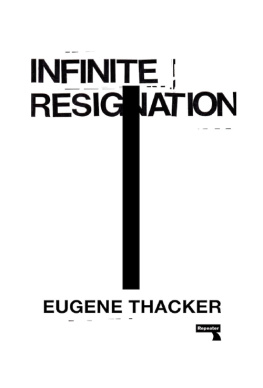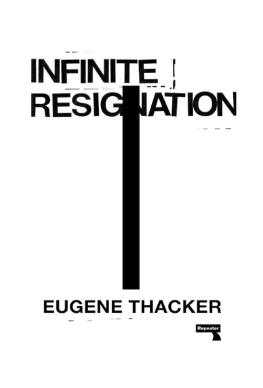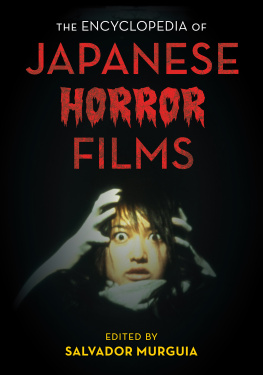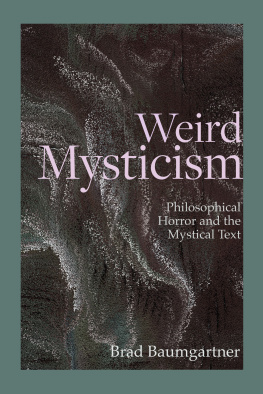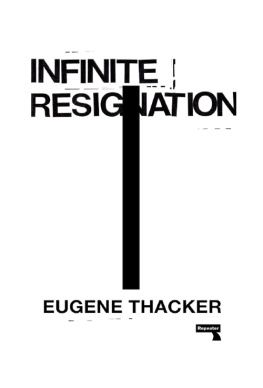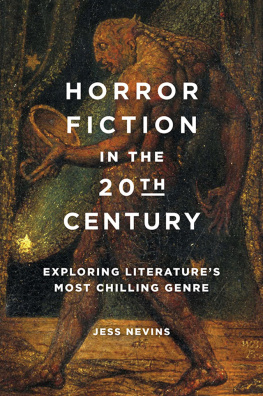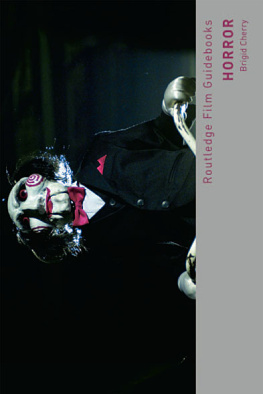Contemporary culture has eliminated both the concept of the public and the figure of the intellectual. Former public spaces both physical and cultural are now either derelict or colonized by advertising. A cretinous anti-intellectualism presides, cheerled by expensively educated hacks in the pay of multinational corporations who reassure their bored readers that there is no need to rouse themselves from their interpassive stupor. The informal censorship internalized and propagated by the cultural workers of late capitalism generates a banal conformity that the propaganda chiefs of Stalinism could only ever have dreamt of imposing. Zer0 Books knows that another kind of discourse intellectual without being academic, popular without being populist is not only possible: it is already flourishing, in the regions beyond the striplit malls of so-called mass media and the neurotically bureaucratic halls of the academy. Zer0 is committed to the idea of publishing as a making public of the intellectual. It is convinced that in the unthinking, blandly consensual culture in which we live, critical and engaged theoretical reflection is more important than ever before.
The Subharmonic Murmur of Black Tentacular Voids
Prologue
What follows is an extended commentary on a basic question: can there exist today a mysticism of the unhuman, one that has as its focus the climatological, meterological, and geological world-in-itself, and, moreover, one that does not resort to either religion or science? But we must be cautious here: this does not mean a mysticism of the Earth or a mysticism of nature, and it does not mean a mysticism of the human subject or humanity in general, much less a mysticism of something as grotesque and vague as life. Still, the suggestion that something vague called mysticism still exists at all may at first seem a ridiculous, even nave presupposition. Certainly, as a way of thinking and as a set of contemplative practices, mysticism is today no longer as relevant. This is not only due to the dominance of applied scientific thinking in our globalized, convergence cultures, but it is also due to the hegemony of orthodox, religious extremism in dictating the contours of what may or may not legitimately count as mystical experience.
What follows takes place by way of a poetic text and an accompanying commentary. The poetic text is an anonymously authored poem that has been circulating on blogs, forums, and even in a number of scholarly journals.114 Because the poem was originally circulated in fragments, its total length is not known, and its rather baroque title The Subharmonic Murmur of Black Tentacular Voids appears nowhere in the body of the poem itself. In addition, it is unclear whether the poem is of contemporary origin, or whether it is a contemporary translation of an older text (though most are of the opinion it is the former). In spite of all these uncertainties, parts of the poem have been said to have this is the claim, at least verifiable geomantic symptoms within the metabolism and physiognomy of those who have, under unspecified conditions, recited its lines. Given this rather melodramatic image of, as one blogger put it, geomantic shifts in the nature of thought, the current rumors surrounding the poem are noteworthy for the way they implicitly investigate the relationship between the climatology, geopolitics, and the unhuman and it is in this spirit that the following commentary is written.
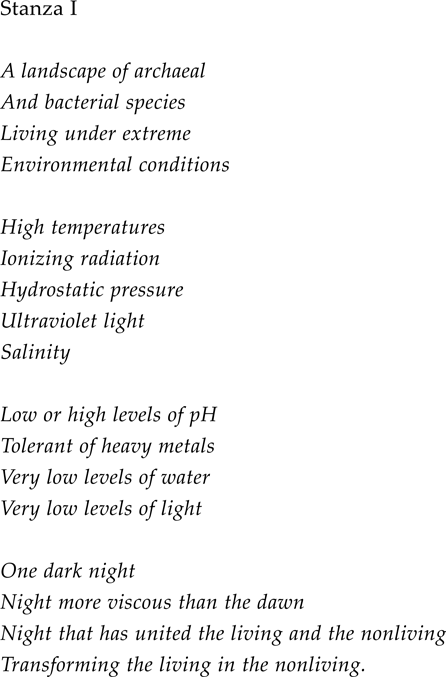
Commentary on Night. Here the language of night and extreme environmental conditions opens onto the enigmatic phrase that opens the last stanza, One dark night. In its geological description and its more poetic evocations (the refrain of night in the last stanza), the poem seems to identify itself as part of the darkness mysticism tradition.
But in what way, exactly, should we understand the references to darkness? Earlier texts in the mystical tradition may here be of help. One perspective is provided by John of the Cross, the 16th century Spanish Carmelite monk, whose poem The Dark Night offers several definitions of the term darkness. The text that we currently have called The Dark Night is actually composed of four different, though interrelated, texts: a commentary known as The Ascent of Mount Carmel , a diagram made by John detailing the path of mystical perfection, a poem called The Dark Night, and a commentary on the poem, written by John himself. It is the latter two texts that will concern us here. It is thought that John wrote the poem and commentary of The Dark Night around 1583-1585. Its composition is thus well after Johns collaborations with Theresa of Avila in reforming monastic institutions, and also after Johns imprisonment and torture at the hands of Church authorities.
The Dark Night is a text very different from the more systematic, more rigorous works in speculative mysticism. At its core is the problem of mystical experience its structure, its meaning, and the possibility (or impossibility) of its communication. It is thought by modern scholars that John broke off his writing on The Ascent of Mount Carmel in order to directly deal with the problem of mystical experience in The Dark Night .
The Dark Night is also unique in that, in contrast to other mystical texts, it foregrounds the relationship between the divine and the motifs of darkness and negation. However there are variations in the way that John thinks about darkness in the context of mystical experience. In the poem The Dark Night, the very first stanza lays out these themes: One dark night / Fired with loves urgent longings / - Ah, the sheer grace! - / I went out unseen, / My house being now all stilled.
In the commentary John notes the apparent paradox here: Why, if it is a divine lightdoes one call it a dark night? That is, how is it that the union with the divine, the pinnacle of mystical experience, one that is traditionally described in terms of beatific light, how can this experience here be described in terms of its opposite darkness, stillness, and negation? In response John provides two definitions of darkness: First, because of the height of divine wisdom, which exceeds the capacity of the soul. Second, because of the souls baseness and impurity; and on this account the wisdom is painful, afflictive, and also dark for the soul.115 The second definition follows the standard devaluation of the senses that is a hallmark of the ascetic tradition. More interesting is the first definition, which seems to imply that divine darkness is dark because it exceeds our human capacity to adequately render it intelligible. The divine is dark because we have no concept of it.
Given this, if divine darkness is dark because it is in some sense beyond the human, how then are we able to understand even this much? Does not the assertion of the darkness of divinity itself begin to render it intelligible to us? In response to this John provides another, slightly different definition of darkness. As he notes, this night, which as we say is contemplation, causes two kinds of darkness or purgation in spiritual persons according to the two parts of the soul, the sensory and the spiritual.116 Here Johns emphasis is less on what darkness is and more on how it affects the subject in the midst of mystical experience. This definition is also a much more philosophical one, in that it takes the metaphysical split between body and spirit as being affected by divine darkness, but in two different ways. The sensory darkness is akin to a privation, again as per the practices of ascetic monasticism. The spiritual darkness also appears to be a privation, but more in terms of what John elsewhere calls spiritual gluttony (e.g. wanting to be the best or most extreme mystic for selfish ends; focusing on the destination and not the journey).
Next page

